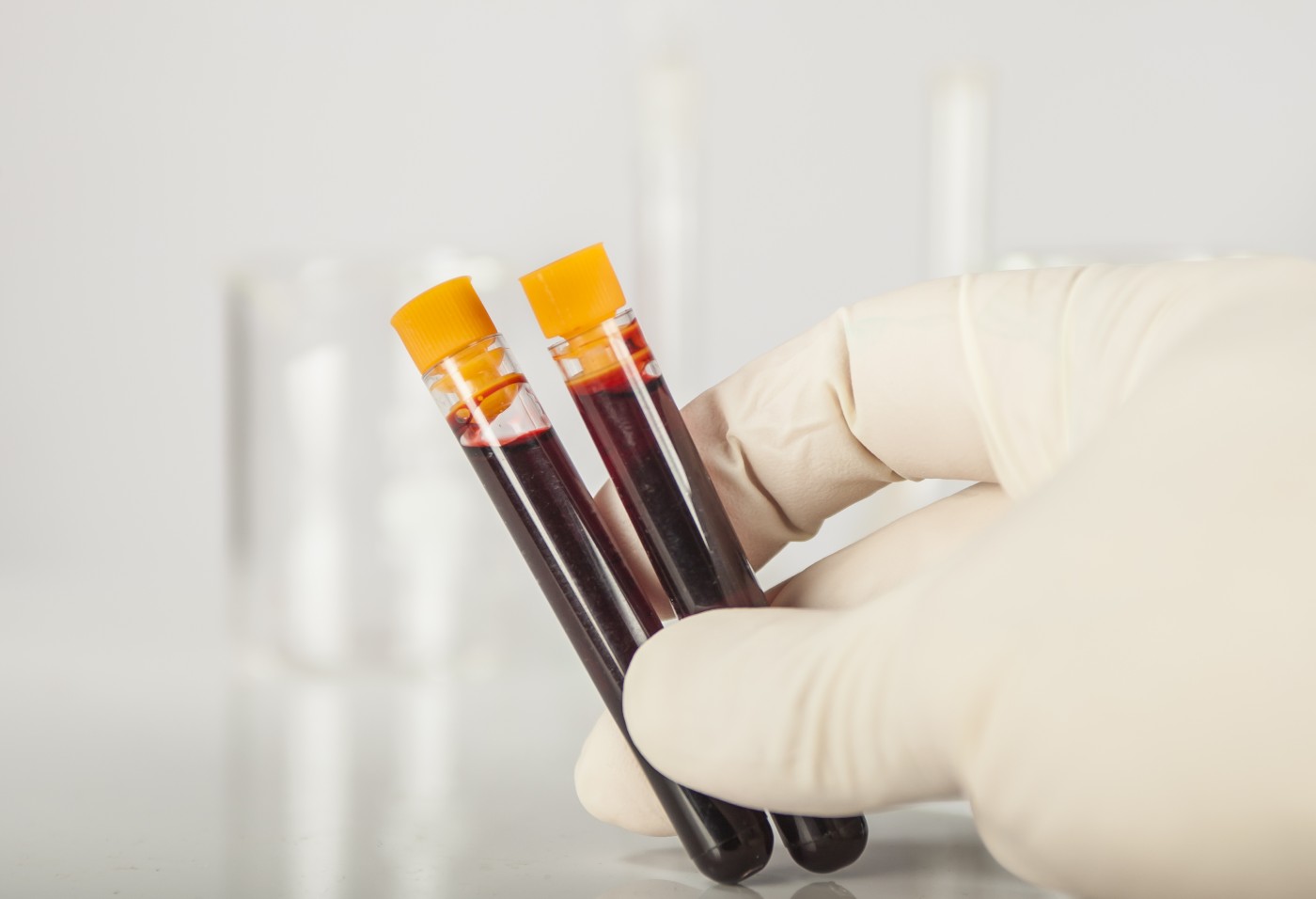Blood Test Seen to Distinguish MS from Other Neurological Conditions
Written by |

Researchers at Michigan State University suggest that a blood test can distinguish patients with multiple sclerosis (MS) from people with other neurological conditions, according to a recent study published in EBioMedicine.
Results from the study, “An In Vitro Diagnostic for Multiple Sclerosis Based on C-peptide Binding to Erythrocytes,” need to be confirmed in larger and more in-depth studies, but so far provides a promising candidate for an easy, inexpensive and fast way to make an initial MS diagnosis.
Because diagnosing MS can be a slow and uncertain procedure, researchers have long been on the lookout for an objective lab-based method. Currently, most people have to wait between six months and two years before a diagnosis is set, but because available therapies are only able to slow disease progression, it is crucial to start treatment as soon as possible.
The study recruited 200 participants composed of three groups: MS patients, patients with other neurological conditions, and healthy controls. A blood sample was collected from each participant, and then a lab test was used to measure how much C-peptide added to the blood would bind to red blood cells.
Researchers noted that more peptide bound to blood cells from the 86 MS patients, than to those of the 75 other neurological patients or the control group. The test correctly identified MS patients in 98.3% of the cases, and had an 89.5% chance of ruling out the disease.
In addition to being a tool for detecting MS in patients, the test may tell researchers something else about what goes on in MS.
C-peptide is a molecule produced by the pancreas, along with insulin, and has been long viewed as a marker of insulin production in Type 1 diabetes. During the past decades, it has become clear that the molecule is actually beneficial for diabetes patients because it improves blood flow. How this relates to MS is not clear, but scientists have suggested that the factor increases delivery of the trace element zinc to red blood cells.
The research team is now working with regulatory agencies on the design of a larger validation study that might bring the test closer to clinical use.
“This pilot study demonstrates the potential of C-peptide binding … as a possible test to assist in the diagnosis of MS, and has the advantages of being minimally invasive, employing widely available reagents, and rapid return of results,” the researchers wrote.


